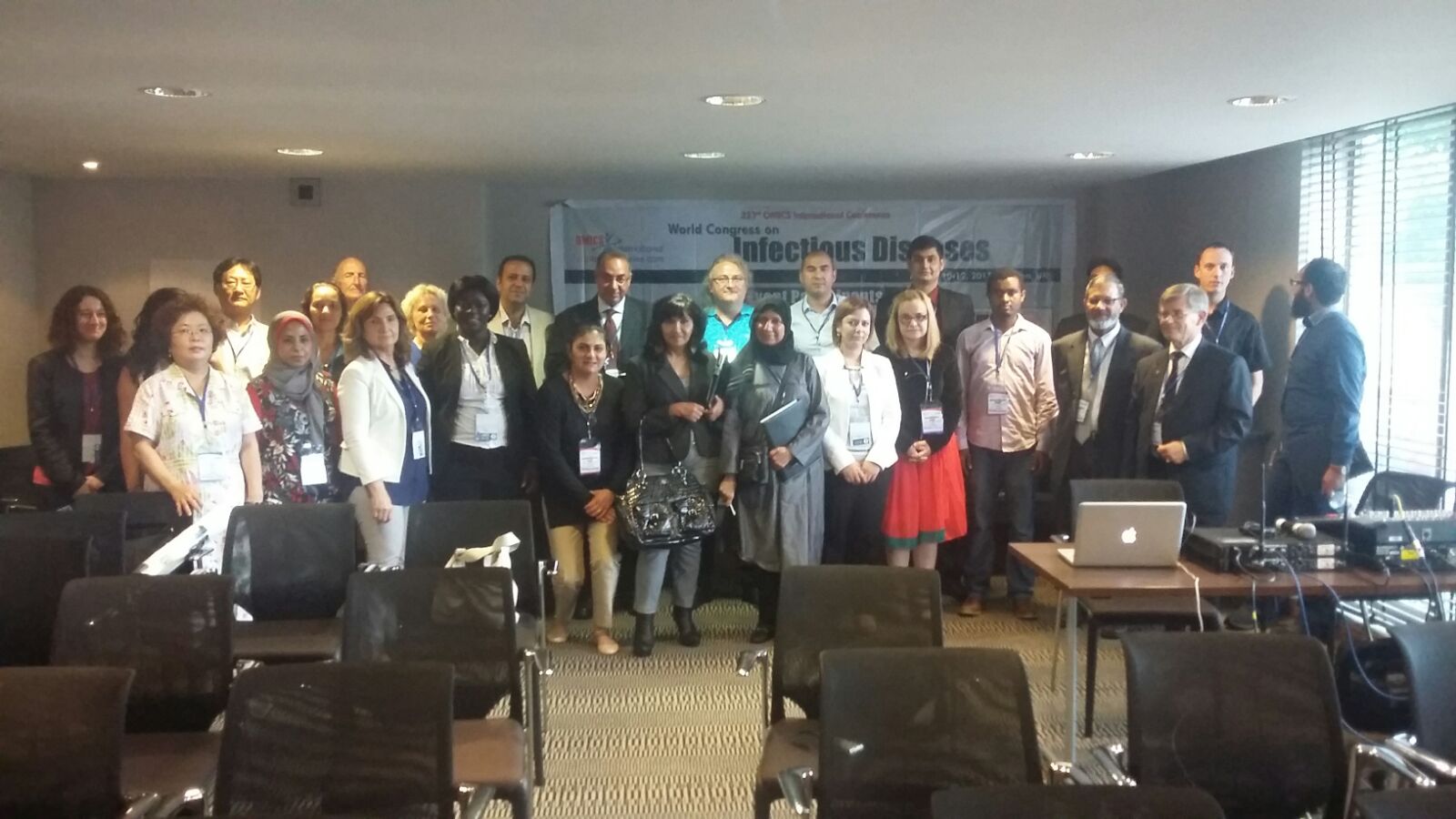
Ricardo Durães Carvalho
Massachusetts Institute of Technology, USA
Title: Phylogenetic and phylogeographic mapping of the avian coronavirus in wild and synanthropic birds
Biography
Biography: Ricardo Durães Carvalho
Abstract
The evolution and population dynamics of Coronaviruses (CoVs) remain underexplored. In the present study, in-depth phylogenetic and Bayesian phylogeographic studies were conducted to investigate the evolutionary dynamics of CoV detected in wild and synanthropic birds. A total of 500 samples, including tracheal and cloacal swabs collected from 312 wild birds belonging to 42 species, were analysed using molecular assays. A total of 65 samples (13%) from 22 bird species were positive for Avian Coronaviruses (AvCoVs). Three hundred and two (302) samples were screened for the Pan-coronavirus (Pan-CoV) selective essay, 17 (5.6%) were positive, and 11 were detected in different species. AvCoVs molecular evolution analyses revealed that the sequences from samples collected in Brazil did not cluster with any of the AvCoV S1 gene sequences deposited in the GenBank database. Bayesian framework analysis estimated an AvCoV strain from Sweden (1999) as the most recent common ancestor of the AvCoVs detected in this study. Furthermore, the analysis inferred an increase in the AvCoV dynamic demographic population in different wild and synanthropic bird species. Phylogenetic analysis of the Pan-CoV showed that most of the samples clustered with the Murine Hepatitis Virus A59 strain (MHV A59) belong to the BetaCoV group. Besides, one of our samples that was detected in Amazona vinacea (common name: parrot-breasted-purple) clustered with a CoV isolated from pigs, PCoV HKU15, belonging to the DeltaCoV genus, still not reported in South America. Our findings suggest and reinforce that birds may be potential new hosts responsible for spreading of different CoVs for different species of animals.


